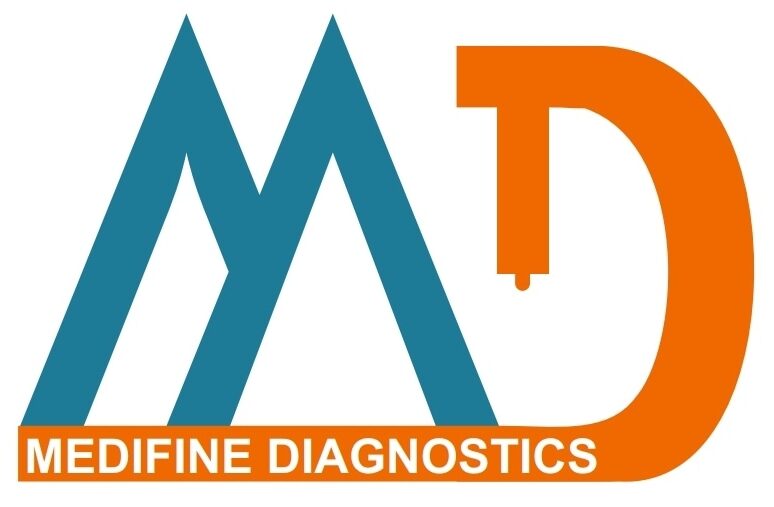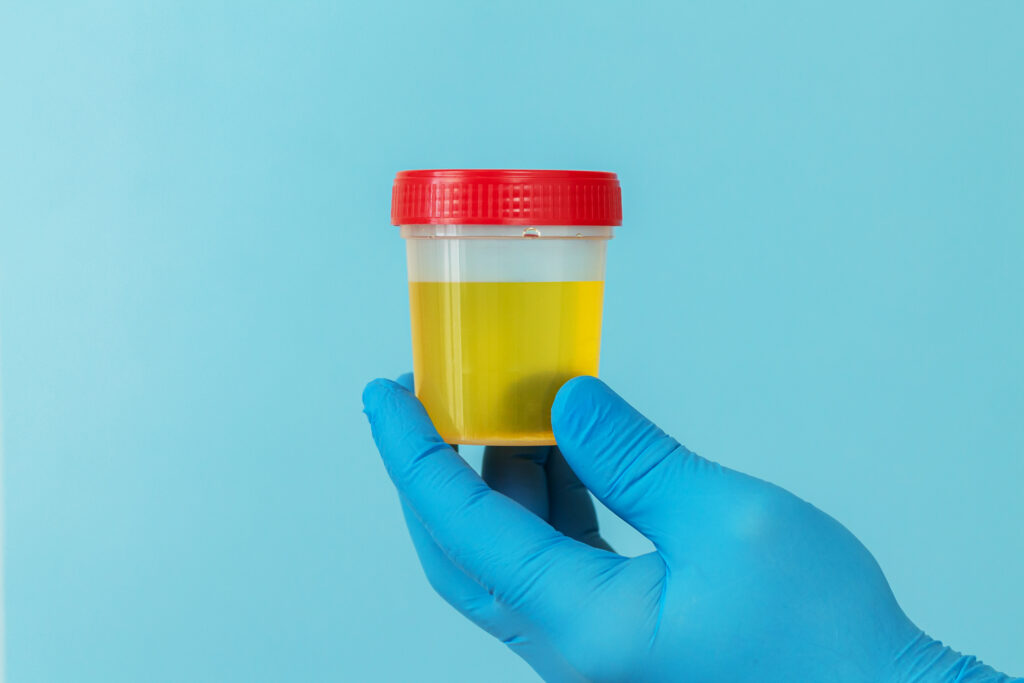The creatinine clearance test is a simple way to check how well your kidneys are working. Doctors often use this test to find out if your kidneys are filtering waste from your blood as they should. Because healthy kidneys are important for your overall health, knowing about this test can help you take better care of yourself.
What is a Creatinine Clearance Test?
First, let’s understand what this test measures. The creatinine clearance test checks how well your kidneys remove creatinine from your blood. Creatinine is a waste product made by your muscles. Normally, your kidneys filter it out and remove it through urine. If your kidneys are not working well, creatinine builds up in your blood. So, this test helps doctors see if your kidneys are doing their job.
Why is the Creatinine Clearance Test Done?
Doctors order this test for several reasons. For example, it helps them:
Because early kidney problems may not cause symptoms, this test can find issues before you feel sick. That’s why the creatinine clearance test is important for many people.
How is the Creatinine Clearance Test Performed?
Many people wonder, “How is the creatinine clearance test done?” The process is simple but takes some time. Here’s what usually happens:
Because the test takes a full day, planning ahead can make it easier. If you have questions, ask your healthcare provider for help.
Understanding Creatinine Clearance Test Results
Once your samples are tested, your doctor will explain the results. But what do these numbers mean?
Because many things can affect your results, your doctor will look at your health history and other tests. If your results are not normal, you may need more tests or treatment.
Risks and Considerations
Although the creatinine clearance test is safe, there are a few things to keep in mind:
Because of these factors, always follow your doctor’s instructions closely. If you have trouble collecting urine or feel unwell, let your healthcare provider know.
Frequently Asked Questions
When to Consult a Doctor
If you have symptoms like swelling, tiredness, or changes in urination, talk to your doctor. Also, if your creatinine clearance test results are abnormal, your doctor will guide you on next steps. Early treatment can help prevent further kidney problems.
Conclusion
In summary, the creatinine clearance test is a helpful tool for checking kidney health. It is simple, safe, and gives important information about how well your kidneys work. If you have questions about your kidneys or test results, consult your healthcare provider for advice tailored to you.

